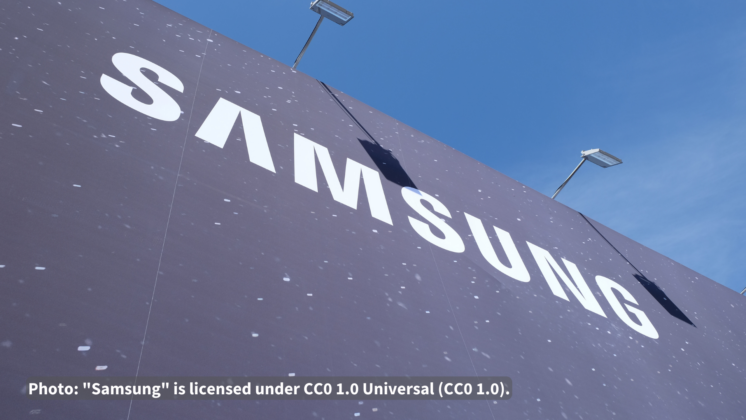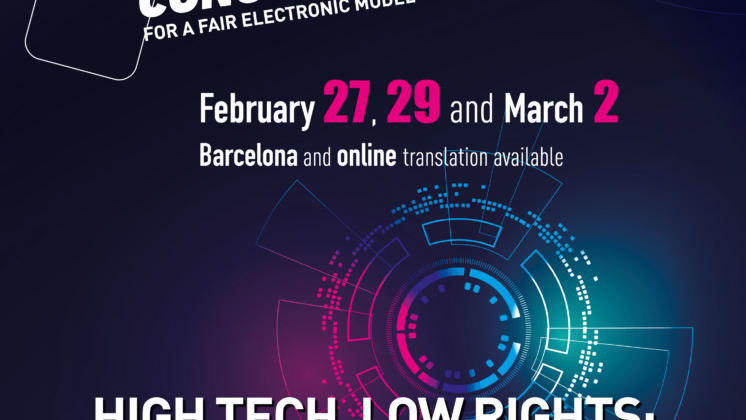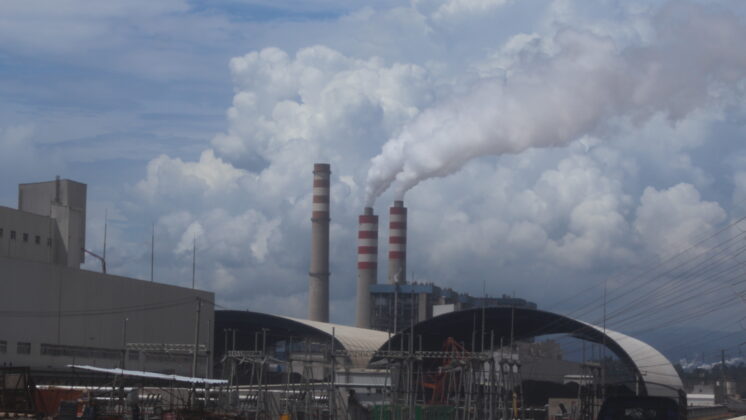A decade ago no one except geologists had heard of tantalum or 'coltan' - an obscure mineral that is an essential ingredient in mobile phones and laptops. Then, in 2000, reports began to leak out of Congo: of mines deep in the jungle where coltan was extracted in brutal conditions watched over by warlords. The politics of coltan encompass rebel militias, transnational corporations, determined activists, Hollywood celebrities, the rise of China, and the latest iGadget. In his just released publication, drawing on Congolese and activist voices, Michael Nest analyses the two issues that define coltan politics: the relationship between coltan and violence in the Congo, and contestation between activists and corporations to reshape the global tantalum supply chain. The way production and trade of coltan is organised creates opportunities for armed groups, but the Congo wars are not solely, or even primarily, about coltan or minerals generally. Nest argues the political significance of coltan lies not in its causal link to violence, but in activists' skillful use of mobile phones as a symbol of how ordinary people and transnational corporations far from Africa are implicated in Congo's coltan industry and therefore its conflict. Nest examines the challenges coltan initiatives face in an activist 'marketplace' crowded with competing justice issues, and identifies lessons from coltan initiatives for the geopolitics of global resources more generally.
A decade ago no one except geologists had heard of tantalum or 'coltan' - an obscure mineral that is an essential ingredient in mobile phones and laptops. Then, in 2000, reports began to leak out of Congo: of mines deep in the jungle where coltan was extracted in brutal conditions watched over by warlords. The United Nations sent a team to investigate, and its exposé of the relationship between violence and the exploitation of coltan and other natural resources contributed to a re-examination of scholarship on the motivations and strategies of armed groups.
The politics of coltan encompass rebel militias, transnational corporations, determined activists, Hollywood celebrities, the rise of China, and the latest iGadget. Drawing on Congolese and activist voices, Nest analyses the two issues that define coltan politics: the relationship between coltan and violence in the Congo, and contestation between activists and corporations to reshape the global tantalum supply chain. The way production and trade of coltan is organised creates opportunities for armed groups, but the Congo wars are not solely, or even primarily, about coltan or minerals generally. Nest argues the political significance of coltan lies not in its causal link to violence, but in activists' skillful use of mobile phones as a symbol of how ordinary people and transnational corporations far from Africa are implicated in Congo's coltan industry and therefore its conflict. Nest examines the challenges coltan initiatives face in an activist 'marketplace' crowded with competing justice issues, and identifies lessons from coltan initiatives for the geopolitics of global resources more generally.
"In this brilliant primer, Nest demonstrates that coltan is only one source among many of the conflicts in Congo. He ably gets behind the headlines and NGO press releases to uncover the real and lasting role that this key resource has played in Congo's unending struggles."
John F. Clark, Florida International University
"This book's treatment of the topic will be a major advancement in exposing the illegal coltan trade, and contributes to a broader understanding of how the global mining sector is changing as China carves out an increasingly dominant role and how natural resources continue to destablize parts of the world."
Ian Taylor, University of St Andrews
"This excellent book examines whether the cycles of violence in an impoverished region are caused by the behaviour of wealthy consumers. Are we as users of mobile telephones fuelling a terrible war? Nest provides a highly informative account, challenging commonly held views and presenting the facts in a lively and accessible manner."
Anke Hoeffler, University of Oxford
About the author:
Dr Michael Nest ([email protected]) has expertise in governance, political and social issues relating to mining. His previous book, The Democratic Republic Congo: Economic Dimensions of War and Peace, won a ‘Best Academic Title, 2006’ award from the American Library Association.
Order online from: www.amazon.com, www.wiley.com, www.gleebooks.com.au











